Censorship Industrial Complex
World Economic Forum lists ‘disinformation’ and ‘climate change’ as most severe threats in 2024
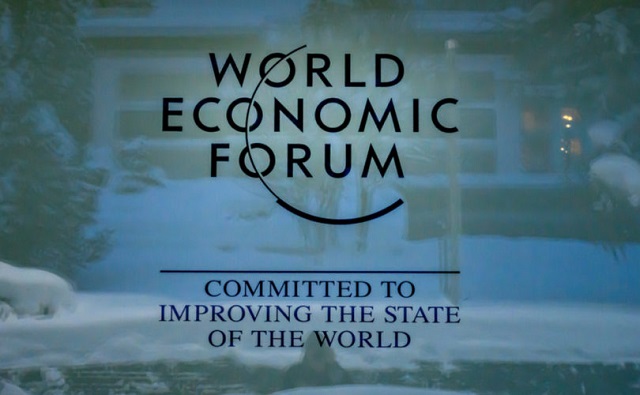
From LifeSiteNews
By Joe Kovacs
The World Economic Forum’s Global Risks Report 2024 says the world is ‘plagued by a duo of dangerous crises: climate and conflict,’ which are ‘set against a backdrop of rapidly accelerating technological change and economic uncertainty.’
The World Economic Forum, the group of global elites whom those on the political right love to hate, has just issued its report on the biggest threats in 2024 and beyond.
And at the top of its list of risks is not the climate, at least not immediately.
The WEF, based in Davos, Switzerland, says the biggest short-term risk stems from fake news.
“While climate-related risks remain a dominant theme, the threat from misinformation and disinformation is identified as the most severe short-term threat in the 2024 report,” the group indicated.
“The cascading shocks that have beset the world in recent years are proving intractable. War and conflict, polarized politics, a continuing cost-of-living crisis and the ever-increasing impacts of a changing climate are destabilizing the global order.”
“The report reveals a world ‘plagued by a duo of dangerous crises: climate and conflict.’ These threats are set against a backdrop of rapidly accelerating technological change and economic uncertainty.”
The globalists say “the growing concern about misinformation and disinformation is in large part driven by the potential for AI, in the hands of bad actors, to flood global information systems with false narratives.”

The report states that over the next two years, “foreign and domestic actors alike will leverage misinformation and disinformation to widen societal and political divides.”
It indicates the threat is enhanced by large elections with more than 3 billion people heading to the polls in 2024 and 2025 in the U.S., Britain, and India.
The report suggests the spread of mis- and disinformation could result in civil unrest, but could also drive government-driven censorship, domestic propaganda and controls on the free flow of information.
Rounding out the top ten risks for the next two years are: extreme weather events, societal polarization, cyber insecurity, interstate armed conflict, lack of economic opportunity, inflation, involuntary migration, economic downturn and pollution.
The ten-year list of risks puts extreme weather events at No. 1, followed by critical change to Earth systems, biodiversity loss and economic collapse, natural resource shortages, misinformation and disinformation, adverse outcomes of AI technologies, involuntary migration, cyber insecurity, societal polarization and pollution.
Reprinted with permission from the WND News Center.
Business
U.S. to deny visas to foreign censorship enforcers under new Rubio-led policy
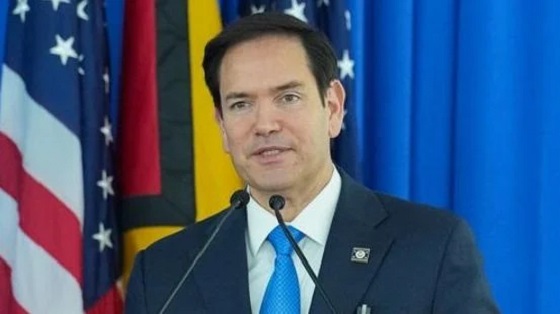
 MxM News
MxM News
Quick Hit:
Secretary of State Marco Rubio announced a new U.S. policy to deny visas to foreign officials who pressure American tech firms to censor content. The move is the latest in a series of actions aimed at dismantling what the administration calls the “global censorship-industrial complex.”
Key Details:
- Visa bans will apply to foreign officials and their families involved in censorship targeting U.S. citizens, companies, or residents.
- Justice Alexandre de Moraes of Brazil and EU Digital Services Act (DSA) officials could be among those affected.
- The policy follows the shutdown of the State Department’s Global Engagement Center and a broader crackdown on foreign speech controls.
Around the world, governments are threatening & censoring US social media platforms for legal speech. Now, @SecRubio @StateDept says it will deny visas to foreign nationals engaged in censorship against Americans, US tech companies, and people posting from inside the US. pic.twitter.com/24g0EdHLyx
— Michael Shellenberger (@shellenberger) May 28, 2025
Diving Deeper:
The United States will begin denying entry visas to foreign officials who attempt to censor American citizens or pressure U.S. tech companies to suppress free speech. The policy, unveiled by Secretary of State Marco Rubio, marks the most aggressive push yet by the Trump administration to confront what it calls “global censorship collusion.”
The new policy, enabled under provisions of the Immigration and Nationality Act, applies not just to the offending officials but also to their immediate families. It targets those responsible for direct censorship, those who engage in lawfare to silence political dissent, and those who try to export censorship mandates into American digital platforms.
While State Department officials were careful not to name specific individuals, the measure could impact Brazilian Supreme Court Justice Alexandre de Moraes—widely criticized for ordering the censorship of political opponents—and senior officials in the European Union overseeing the controversial Digital Services Act. The DSA has drawn backlash from U.S. leaders for its sweeping influence over American-based companies like Google, Meta, and X.
Rubio, who has led a significant shift in U.S. foreign policy priorities since assuming office at Foggy Bottom, previously shut down the State Department’s Global Engagement Center. That office had funneled taxpayer money to NGOs like the UK-based Global Disinformation Index, which was implicated in censorship pressure campaigns linked to U.S. intelligence entities.
Just last week, the State Department hinted at potential Magnitsky Act sanctions against Moraes, whose aggressive speech controls in Brazil have become a global case study in judicial overreach. The Justice Committee in Congress also approved legislation aimed at banning him from entering the United States.
As part of the administration’s strategic realignment, Acting Undersecretary of State for Public Diplomacy Darren Beattie has been tasked with leading efforts to protect American free speech interests abroad. “Obviously, we don’t love the idea of the Europeans censoring their own citizens,” Beattie told The Wall Street Journal, “but the principal concern is these spillover effects affecting content-moderation policies and a variety of free-speech concerns within the United States.”
The administration’s stance is that U.S. free speech is not just a domestic issue but a strategic priority. A recent State Department communication said the U.S. “is committed to shutting down the global censorship-industrial complex.”
Under the new visa policy, sanctions could also apply to officials who threaten arrests or asset seizures against tech companies, or demand that U.S.-based firms alter content moderation policies in line with foreign censorship laws. It further covers foreign actors who try to punish U.S. residents for online speech, or order tech platforms to withhold payments to users in retaliation for political or social commentary.
The announcement is backed by the America First Policy Directive, an executive order signed by President Donald Trump in January, which declared that the protection of American citizens and their rights must remain a central objective of U.S. foreign policy.
The administration has made clear that it sees free speech not only as a constitutional right but also as a geopolitical asset. Vice President J.D. Vance, speaking at the Munich Security Conference in February, warned against the rise of censorship regimes in Europe targeting populist movements like that of Marine Le Pen in France.
(AP Photo/Jacquelyn Martin, Pool)
Censorship Industrial Complex
Trump admin probing U.K.’s crackdown on free speech
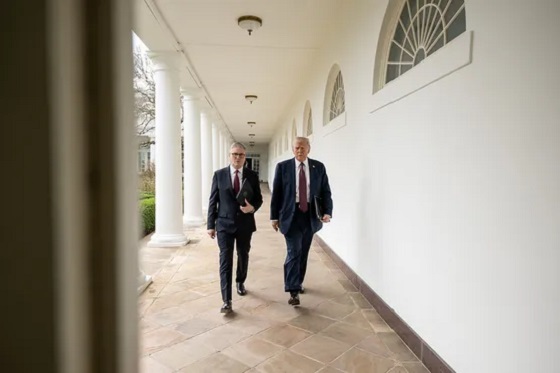
Quick Hit:
The Trump administration quietly dispatched U.S. diplomats to Britain in March to investigate growing free speech concerns. According to The Telegraph, they met with pro-life campaigners arrested for silent prayer and questioned UK officials about internet speech laws.
Key Details:
-
A five-person U.S. delegation visited Britain in March to probe free speech issues, meeting activists like 74-year-old Rose Docherty, arrested for silently praying outside an abortion clinic.
-
The team also met with UK Foreign Office officials and Ofcom, which now polices online content under the country’s Online Safety Act.
-
In February, Vice President JD Vance warned free speech is “in retreat” in Europe and pointed to arrests of pro-life demonstrators in the UK.
Diving Deeper:
According to The Telegraph, the Trump administration sent a team from the State Department’s Bureau of Democracy, Human Rights, and Labor to Britain in March for meetings with victims of what the administration views as increasingly authoritarian speech restrictions. The diplomats reportedly engaged with pro-life campaigners, including 74-year-old Rose Docherty, who was arrested for quietly praying near an abortion facility under the UK’s controversial “buffer zone” law.
“I didn’t break the law, I didn’t influence, I didn’t harass, I didn’t intimidate,” Docherty told reporters. “This can’t be just. It’s heartening that others around the world, including the U.S. government, have realised this injustice and voiced their support.”
The U.S. team also met with British government officials, including members of the Foreign Office and Ofcom. Ofcom’s growing authority over digital speech, enhanced under the UK’s new Online Safety Act, has become a flashpoint between Washington and London. The legislation allows British regulators to impose large fines on American tech companies for failing to adequately monitor and censor online content—a power U.S. officials say could have serious consequences for American firms and speech protections.
Vice President JD Vance spotlighted the issue during his speech at the Munich Security Conference in February, calling out the United Kingdom by name. “I look to our very dear friends, the United Kingdom, where the backslide away from conscience rights has placed the basic liberties of religious Britons, in particular, in the crosshairs,” he said. Vance specifically cited cases like Docherty’s, warning of a broader erosion of fundamental rights across Europe.
The administration’s concerns extend beyond religious liberty. The case of Lucy Connolly, a 42-year-old British mother sentenced to 31 months in prison for social media posts after a horrific mass killing in Southport, has also attracted attention from Trump allies. Reform UK leader Nigel Farage, a longtime ally of President Trump, described the case as emblematic of a “two-tier Britain” and claimed, “My American friends cannot believe what is happening in the UK.”
Despite mounting criticism, British Prime Minister Sir Keir Starmer has denied there is a crisis. In a February meeting with President Trump at the White House, Starmer said, “We’ve had free speech for a very, very long time in the United Kingdom, and it will last for a very, very long time.”
That reassurance hasn’t quieted concerns. A separate report from The Times of London in March found that British police make more than 30 arrests every day over alleged offensive online or public statements—amounting to approximately 12,000 arrests annually.
-

 Addictions7 hours ago
Addictions7 hours agoMan jailed for trafficking diverted safer supply drugs, sparking fresh debate over B.C. drug policies
-
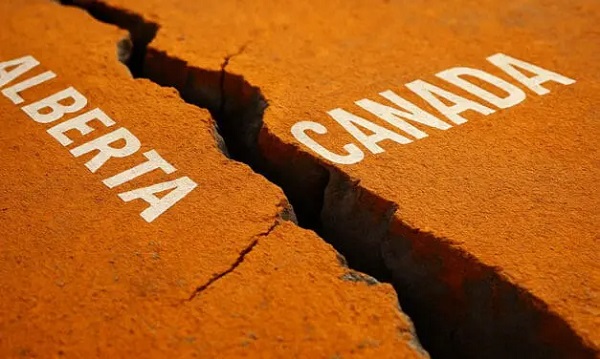
 Alberta9 hours ago
Alberta9 hours agoHow Trump and Alberta might just save Canada
-

 Business8 hours ago
Business8 hours agoThe Liberals Finally Show Up to Work in 2025
-

 Alberta7 hours ago
Alberta7 hours agoJann Arden’s Rant Will Only Fuel Alberta’s Separation Fire
-
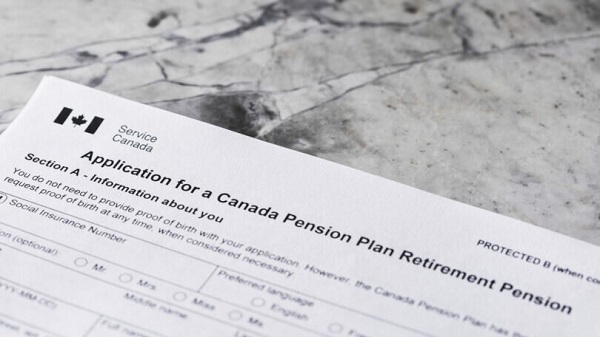
 Banks5 hours ago
Banks5 hours agoCanada Pension Plan becomes latest institution to drop carbon ‘net zero’ target
-

 Bruce Dowbiggin4 hours ago
Bruce Dowbiggin4 hours agoCaitlin Clark Has Been The Real Deal. So Her WNBA Rivals Hate Her
-
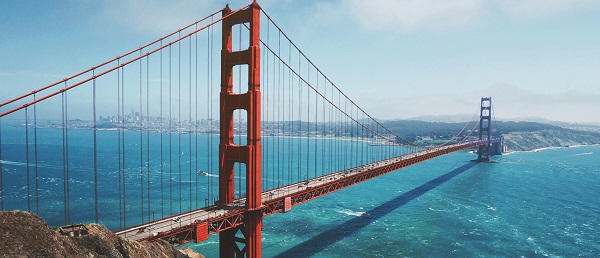
 Daily Caller6 hours ago
Daily Caller6 hours agoThere’s A Catch To California’s Rosy Population Stats
-

 espionage1 day ago
espionage1 day agoTrudeau Government Unlawfully Halted CSIS Foreign Operation, Endangering Officers and Damaging Canada’s Standing With Allies, Review Finds



